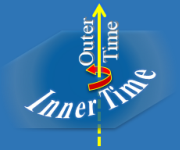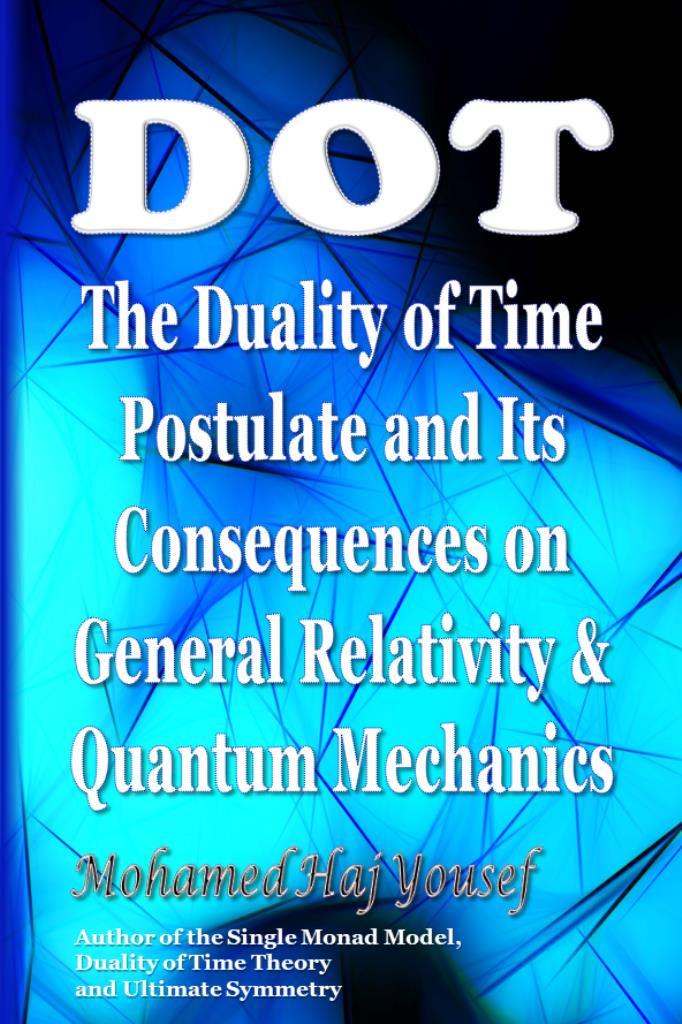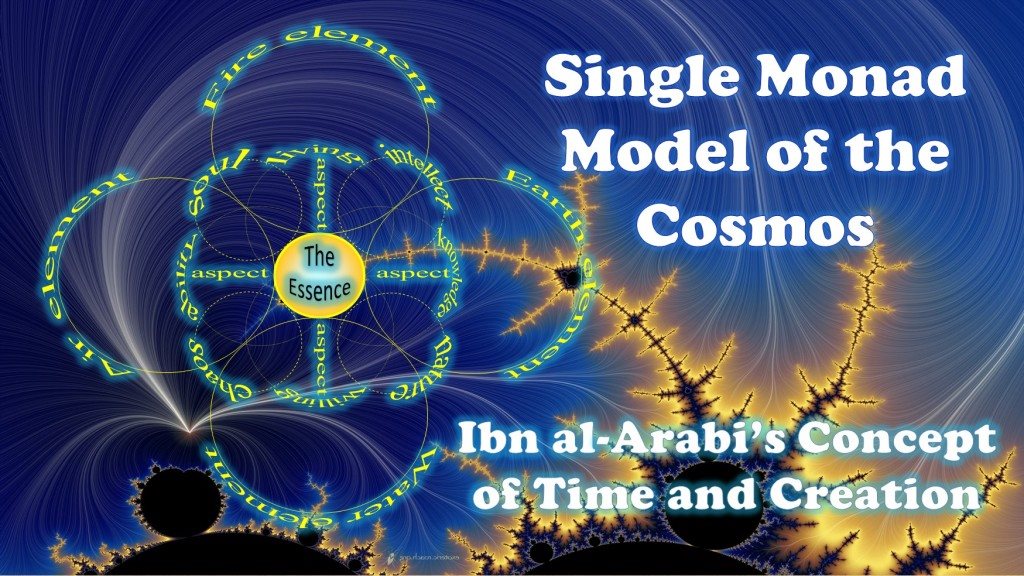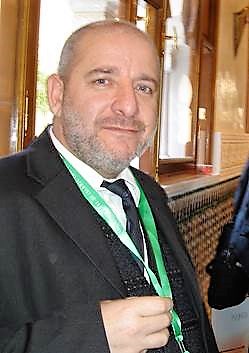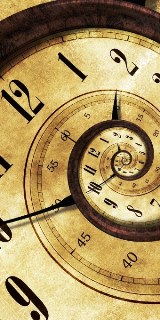
DUALITY OF TIME:
Complex-Time Geometry and Perpetual Creation of Space
Search Inside this Book
2.16.1 Th Concept of Force
The concept of force was used in ancient philosophy, although famous thinkers, such as Aristotle and Archimedes, often understood it in fundamentally different way than it is now used in modern physics. The concepts of force and motion are corrected by the works of Galileo and Newton. When Einstein developed his theory of Relativity, the gravitational force became equivalent to dynamic space-time geometry, while in Quantum Mechanics fundamental forces are particles called gauge bosons, as we shall discuss this further in chapter III when we review the history of modern physics.
In addition to the four fundamental forces: strong, electromagnetic, weak, and gravitational, there are many other non-fundamental forces, including: the normal force, due to repulsive forces of interaction between atoms at close contact, friction, tension, elastic force, fictitious force, torque, and centripetal force.
... Space Transcendence Read this short concise exploration of the Duality of Time Postulate: DoT: The Duality of Time Postulate and Its Consequences on General Relativity and Quantum Mechanics ...
... riments are open to many different interpretations, none of them could fully explains many of the weird quantum phenomena, as we shall discuss in section 4.3. In this regard, the Duality of Time provides a distinctive reasoning that could explain the wave-particle duality, and other relate ...
... terpretation and some related consequences in section 4.5.16. Quantum Mechanics is exceptionally successful in explaining many phenomena in physics and cosmology. It has strongly influenced String theories and other candidates for a Theory of Everything, because it explains the behavior of ...
... such as Robert Hooke (1635-1703), Christiaan Huygens (1629-1695) and Leonhard Euler (1707-1783) proposed the wave theory of light. This theory became widely accepted after the famous double- SLIT EXPERIMENT by Thomas Young (1773-1829) in 1803. After the black-body radiation problem reported ...
... nberg (1901-1976), Louis de Broglie (1892-1987), Arthur Compton (1892-1962), Albert Einstein (1879-1955), Erwin Schroedinger (1887-1961), Max Born (1882-1970), John von Neumann (1903-1957), Paul Dirac (1902-1984), Enrico Fermi (1901-1954), Wolfgang Pauli (1900-1958), Max von Laue (1879-196 ...
... e (1635-1703), Christiaan Huygens (1629-1695) and Leonhard Euler (1707-1783) proposed the wave theory of light. This theory became widely accepted after the famous double-slit experiment by Thomas Young (1773-1829) in 1803. After the black-body radiation problem reported by Gustav Kirchhof ...
... iffraction pattern by scattering electrons from the Nickel crystals. In 1926, the particles of light were called photons, after Bohr and Heisenberg published their results that defended the PARTICLE BEHAVIOR in certain processes and measurements. It was found therefore, that both photons a ...
... could be calculated and compared with experimental observations. In 1925, Heisenberg derived a mathematical theory that incorporated directly the empirical data, such as the wavelengths of SPECTRAL LINES , and in the same year, de Broglie argued that material particles, such as electrons, ...
... mphasis on measurement, the statistical nature of our knowledge of reality, and philosophical speculation about the ‘observer’. Many new related disciplines emerged after that, INCLUDING QUANTUM chemistry, quantum electronics, quantum optics, and quantum information science. Q ...
... sis is only a mathematical trick to get the right answer, and had nothing to do with the physical reality of the radiation itself. However, in 1905, Einstein offered a theory to explain the PHOTOELECTRIC EFFECT , which was reported in 1887 by Heinrich Hertz (1857-1894) who observed that whe ...
... d quantum phenomena, as we shall discuss in section 4.3. In this regard, the Duality of Time provides a distinctive reasoning that could explain the wave-particle duality, and other related ESSENTIAL OBSERVATION s and quantum mechanical concepts, such as uncertainty, the measurement problem ...
... 7-1961), Max Born (1882-1970), John von Neumann (1903-1957), Paul Dirac (1902-1984), Enrico Fermi (1901-1954), Wolfgang Pauli (1900-1958), Max von Laue (1879-1960), Freeman Dyson (b. 1923), David Hilbert (1862-1943), Wilhelm Wien (1864-1928), Satyendra Nath Bose (1894-1974), Arnold Sommerf ...

